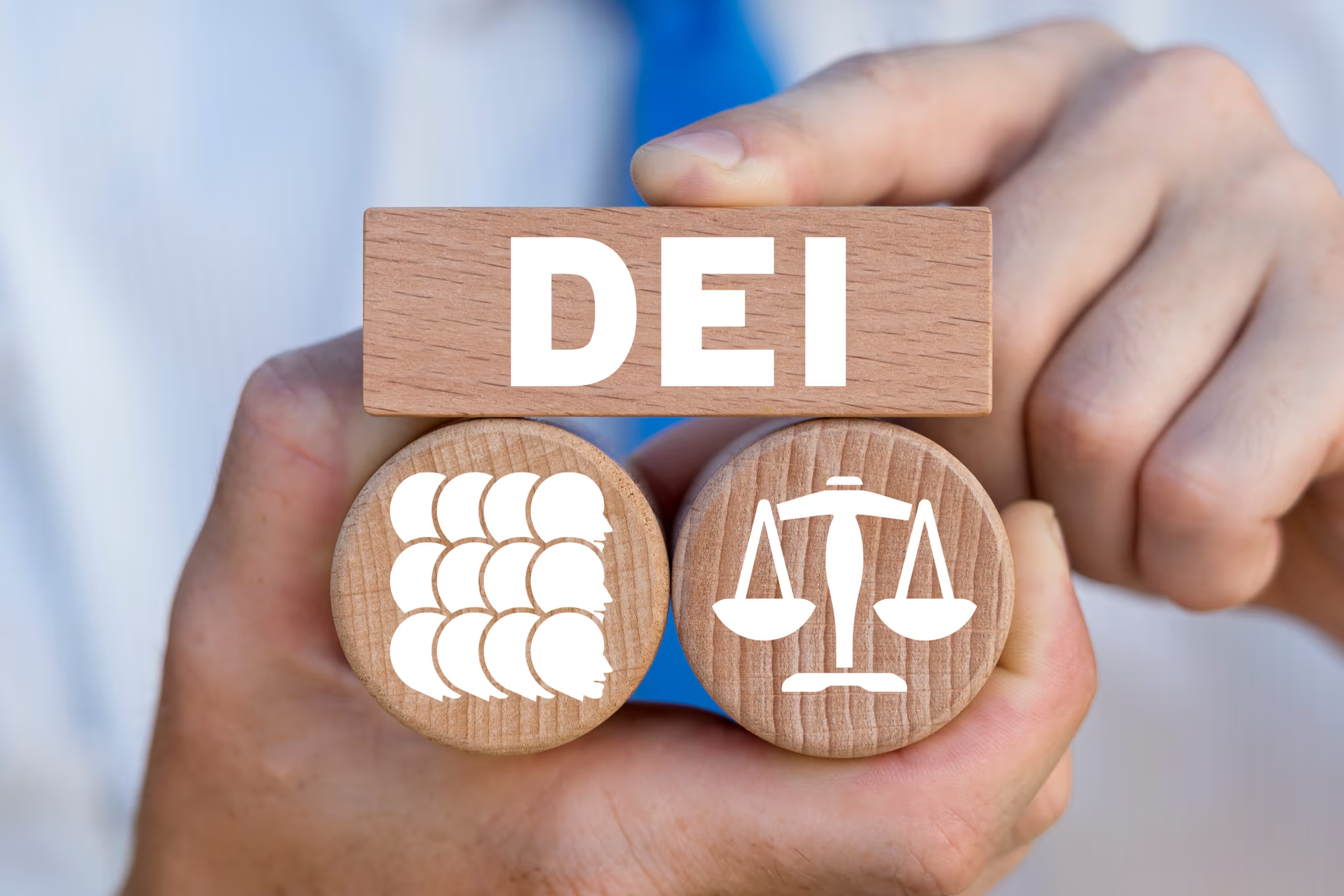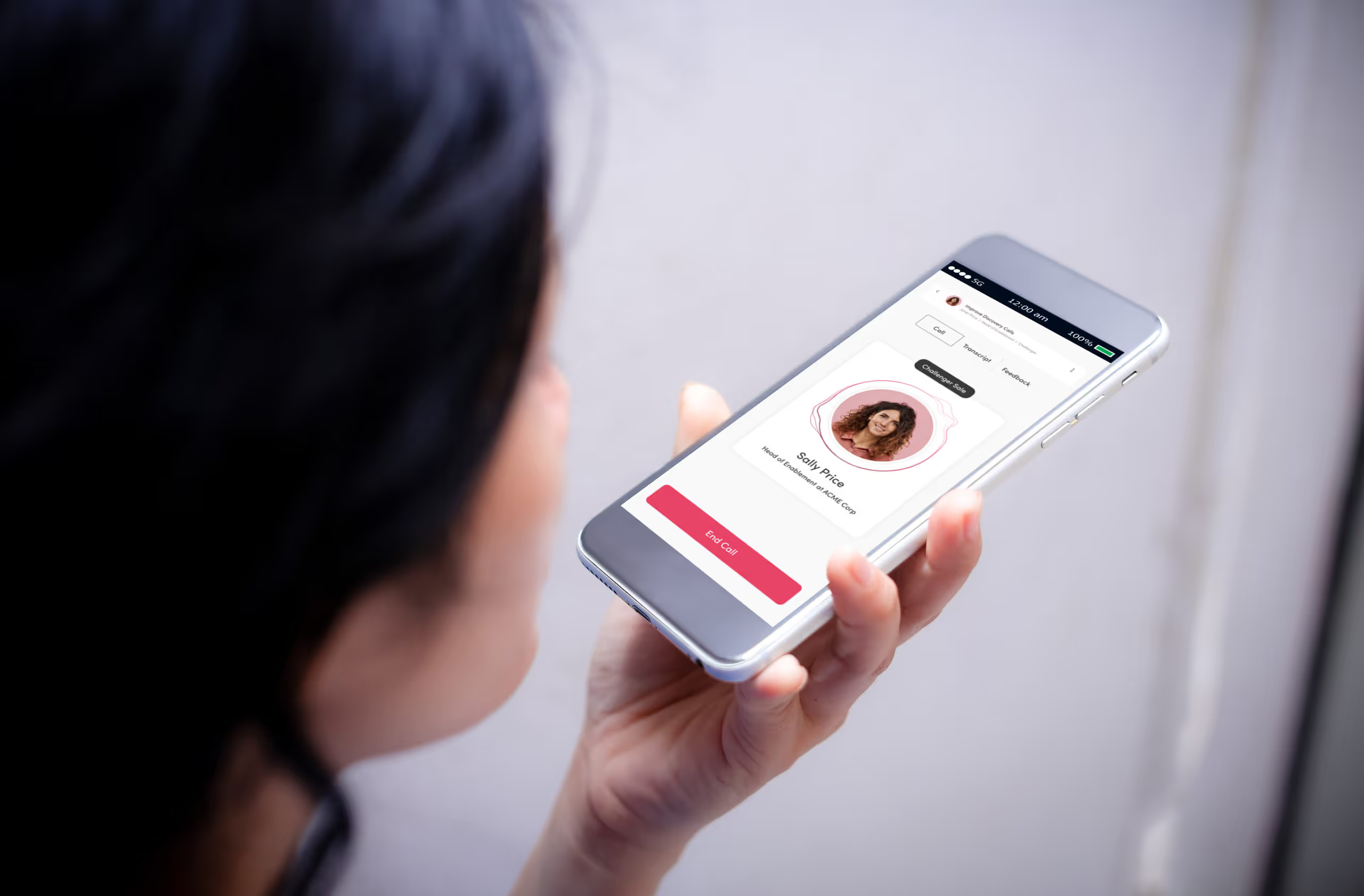Diversity, Equity, and Inclusion
At BTS, DEI is part of everything we do.

We believe in the business of caring about people so that they are able to thrive and do meaningful work together.
Diversity, Equity, and Inclusion is an investment that is worthy of making so that people have a safe place to belong. DEI is not about me or you, it’s about us.
What impacts one of us impacts all of us. Our approach to DEI is individual, team, and organizational. We believe that each individual is responsible for their part in making teams and the whole organization a more inclusive and equitable place for all.
The G.I.V.E. Model
The G.I.V.E. Model was designed to help leaders transition from a zero sum mindset (either/or) to a mindset that is inclusive (both, and). This is a simple approach that addresses complex DEI challenges organizations are currently facing. Leaders will walk away with practical steps that can be taken immediately to improve the quality of their relationships and conversations. Taking these steps results in a more inclusive culture that produces equitable outcomes.
Why is DEI important?
Inclusion is for everyone
The real work of inclusion begins when you have to include those that you disagree with, don’t trust and align with, and potentially share other differences that are uncomfortable. Being keenly aware of our biases, stereotypes, prejudices, and any “isms” that are present for us is required work if we are going to create workplaces that are welcoming and psychologically safe.
Exclusion has a high cost
We close the gap between the business and the moral case for DEI by making inclusion personal and providing experiences for participants to see the impact that exclusion and inequity has on all employees from the C-Suite to those on the front line.
Inclusion is relational
We close the gap between the business and the moral case for DEI by making inclusion personal and providing experiences for participants to see the impact that exclusion and inequity hasEverything that we do in organizations is impacted by the quality of our relationships and conversations with one another. Making equitable decisions and being an ally will not work if leaders do not try to get to know and understand those that are working with them. Rarely do we feel seen, heard, and valued when someone is not able to be empathetic to our experience.
on all employees from the C-Suite to those on the front line.

Do Your Diversity Initiatives Promote Assimilation Over Inclusion?
Professional development initiatives intended to help underrepresented employees don’t always lead to the progress leaders think they will — especially if those initiatives are designed around a harmful expectation of assimilation. The authors suggest examining the company’s expectations of assimilation and professionalism, reframing professional development programs, adjusting feedback processes, and focusing on relationships.

Latest Insights

How AI is accelerating leadership development by enabling more practice
In today’s fast-paced business world, developing leaders who can navigate complexity, inspire teams, and deliver results is more critical than ever. Yet, traditional training methods often fall short in addressing the scale, personalization, and immediacy required to create lasting change. AI-powered practice bots are emerging as a transformative solution, offering leaders unparalleled opportunities to practice, grow, and improve—faster and more effectively than ever before.
Feedback with precision and accessibility
Feedback is the cornerstone of leadership development. However, research from Gallup reveals that only 26% of employees strongly agree that the feedback they receive improves their performance. Feedback all too often misses the mark, because it is too vague, infrequent and not relevant to the job at hand. AI practice bots address this gap by providing instant, objective, and actionable feedback through simulated conversations. Well trained practice bots, armed with leading-edge, business-specific knowledge on the critical skills needed for leaders, offer the most valuable simulated conversations, and the most accurate feedback.These bots mimic real-world scenarios such as performance reviews, stakeholder negotiations, and high-stakes presentations. Leaders gain immediate insights into their communication style, areas for improvement, and actionable next steps—all without the need for scheduled coaching sessions.Moreover, AI expands access to high-quality feedback across all levels of leadership. No longer confined by time, geography, or resource constraints, organizations can now equip every leader with the tools they need to grow. This scalability ensures consistent, equitable development opportunities while fostering a culture of continuous improvement.
.avif)
Limitless practice for deeper growth
Behavioral change is built through deliberate practice, yet many traditional training programs provide limited opportunities for leaders to apply what they’ve learned. A study from the American Psychological Association (APA) highlights that repetitive, focused practice is essential for mastering new skills.AI bots remove barriers to practice by offering leaders unlimited chances to rehearse critical conversations, test new approaches, and refine their strategies. Whether delivering constructive feedback, managing conflict, or influencing stakeholders, leaders can practice important conversations without fear of judgment or failure.Available 24/7, these bots integrate development into daily routines, accelerating skill acquisition and embedding new behaviors. The result is not only faster growth but also greater confidence and readiness to tackle complex challenges.
Amplifying human insight through AI
AI bots enhance leadership development not by replacing human expertise but by amplifying it. They excel at handling repetitive, data-driven tasks such as providing feedback and tracking performance trends. However, the role of human insight—through coaching, mentorship, and relationship building—remains irreplaceable.According to Deloitte, organizations that combine AI-powered tools with human-led learning experiences see a 33% increase in effectiveness. AI provides the structure and scalability to ensure consistent development, while human experts bring empathy, context, and nuance to guide leaders on their unique journeys.This synergy between technology and human insight accelerates individual growth while creating a ripple effect across organizations. Leaders not only develop the skills they need to excel but also inspire their teams and drive meaningful cultural change.
Transforming leadership development with AI practice bots
AI practice bots enhance leadership development by:
- Delivering precise, personalized feedback: Instant insights empower leaders to grow faster and with greater clarity.
- Offering unlimited opportunities to practice: Leaders can refine critical skills anytime, embedding growth into their daily routines.
- Providing data-driven insights: Bots analyze performance trends across leaders within an organization to inform targeted training strategies.
- Scaling impactful learning: Accessible to leaders across geographies and roles, AI ensures consistent and equitable development opportunities.
By enabling leaders to practice more, grow faster, and lead with confidence, AI-powered bots are transforming leadership development—one conversation at a time.Discover how AI practice bots can enhance your leadership strategy and deliver lasting results.

Navigating Leadership Challenges
P R E S S R E L E A S E
Stockholm, March 3, 2025
STOCKHOLM, SWEDEN – BTS Group AB (publ), a leading global consultancy specializing in strategy execution, change, and people development, has agreed to acquire Sounding Board, a technology-based leader in scalable, high-impact coaching solutions driving transformational leadership development.
“With this acquisition, BTS can leapfrog its current technology and operations with the integration of a team and platform that is considerably more productive and ready-to-scale globally than our current technology. The acquisition allows us to create and take to market a very differentiated offering and to faster expand BTS’ current USD 40 million coaching services, taking advantage of the growing USD 7 billion coaching market, and to increase our margins,” says Jessica Skon, CEO of BTS Group.
Founded by Christine Tao and Lori Mazan in 2016, Sounding Board is a silicon-valley based start-up with USD 7 million in scaled coaching revenue in 2024, delivered through the company’s proprietary technology platform. With over USD 45 million in capital invested in its technology, Sounding Board has pioneered a modern, proprietary platform to fully meet a company’s scaled coaching needs. The addition of Sounding Board’s coach network will create a combined BTS network of 700 credentialled coaches with global reach.
The acquisition is expected to have a slightly positive impact on EBITA in 2025 and a positive impact on both earnings and margins in 2026.
Sounding Board is differentiated in the market with a unified software platform for coaching that can be utilized for both external and internal coaching and mentoring programs. With a track record of high client retention, a global network of expert coaches, and a data-driven approach to leadership transformation, Sounding Board has been taking market share with its scalable coaching solution offerings. With future support from BTS global account managers and access to BTS’ global client base, the acquisition will be a pivotal moment for both firms to continue their mission together.
“Sounding Board’s innovative coaching platform, efficient and scalable operating model, combined with both firms’ global reach of world class, consistent top 5 percent coaches, is exactly what our clients have been asking for. They are tired of inconsistent coaching quality from competitors and platforms that don’t reinforce their organization’s unique strategy and culture,” concludes Katrin Mulford, BTS Partner and Global Head of Coaching.
"We are joining BTS to amplify and accelerate our impact,"
said Christine Tao, Co-founder and CEO of Sounding Board.
"BTS’s global reach, broader leader development solutions, industry-leading simulations, and AI-based coaching and practice for strategic plays and culture shifts, are exactly the additional tools clients are looking for to complement our coaching. Together, we will redefine how companies prepare their people, deliver ongoing change at scale, and develop leaders who drive transformation."
“Joining forces, we will simultaneously drive growth and win market share within coaching, fortifying our reputation in making strategy personal, while also driving automation and efficiencies for our clients and in our operations as we scale. By replacing our platform with theirs, the handling of all the steps in the coaching process will become significantly more effective, from scheduling to coaching to insights and billing. It will be easier, faster, and less resource intensive to manage large programs with tens of thousands of leaders. In addition, Sounding Board’s operating model will serve as an example inside BTS as a more tech-forward way of working,”
adds Jessica Skon.
The acquisition includes a limited initial cash consideration as well as additional purchase price considerations paid between 2025 and 2028, provided the acquired business meets specific targets during that period. The transaction is expected to close as soon as the completion procedures have been finalized, which are expected in March.
BTS's strategy for acquisitions aims to create a broader base for future organic growth while actively consolidating in a highly fragmented market. Through its acquisitions, BTS seeks to serve new and existing customers with innovative services.
For more information, please contact:
BTS Group AB
Jessica Skon, CEO
+1 (415) 203 1760
Michael Wallin, Head of investor relations
michael.wallin@bts.com
+46-8-58 70 70 02
+46-708-78 80 19
.avif)
Cultivate Braver Conversations for Trust & Innovation
In today’s rapidly changing world, leaders must foster environments where open dialogue, trust, and innovation thrive. But are "safe spaces" enough? In this article published in the Winter 2025 issue of Rotman Management, Andrew Atkins explores how leaders can move beyond comfort to create braver spaces—ones that encourage authenticity, diverse perspectives, and meaningful change.Discover the seven dimensions that define conversational spaces, the pitfalls of toxic and overly safe environments, and ten actionable strategies to cultivate braver conversations in your organization.
- Learn how braver conversations drive innovation and collaboration.
- Understand why "safe spaces" can limit growth and honest dialogue.
- Get practical tips to create a culture of trust, engagement, and psychological safety.
Ready to transform your team’s conversations? Download the full article now. (This article appears in Rotman Management Winter 2025.)




